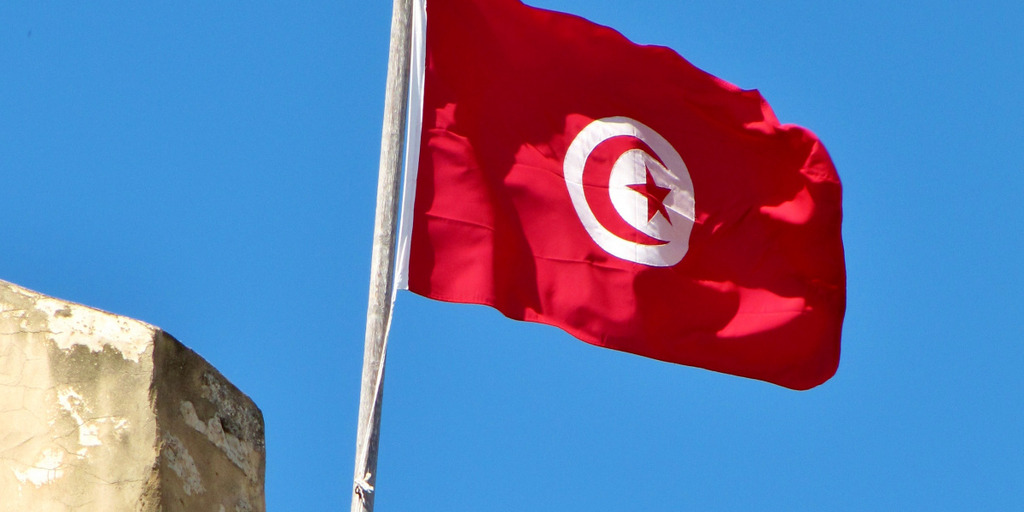Some 60 experts from Europe and North Africa will come together until April 30 in the Tunisian capital to discuss how a revised ENP can support political and socioeconomic transformation processes in the countries on the EU's southern border. The gathering will focus on three topics: moving the process of democratization in the region forward, promoting economic development and foreign investment, and reforming local job markets and vocational training systems.
In addition to President Gauck, who will be making his first official visit to Tunisia, participants at the gathering will include Tunisian Prime Minister Habib Essid and three of his cabinet ministers, European Commissioner for the European Neighbourhood Policy Johannes Hahn, Chairman and CEO of the Bertelsmann Stiftung Aart De Geus and Vice-Chair of the Bertelsmann Stiftung Executive Board Liz Mohn. Cooperation partners for the event are the German-Tunisian Chamber of Commerce, the Gulf Research Center and the Centre of Mediterranean and International Studies.
The goal of the conference is to promote cooperation and dialogue among policymakers, business leaders and representatives of civil society from North Africa and Europe, thereby fostering democratization, economic development and civic engagement in the Arab countries undergoing transformation. In addition, the event is meant to provide "think-tank input" that can help the EU revise its ENP.
As part of the ENP, the EU has provided significant support for Tunisia's transformation in recent years – with considerable success, considering that the country has adopted a new constitution, held national elections in 2014 and formed a new government earlier this year, all important steps in solidifying its fledgling democracy. According to the Bertelsmann Stiftung's Transformation Index (BTI), this makes Tunisia the most promising county in the Arab-speaking world. Moreover, compared to its regional peers Tunisia's economy has a relatively well-developed industrial base, export sector and infrastructure. Another objective of the European Neighbourhood Conference is therefore to highlight Tunisia as an example of fruitful cooperation between the EU and the North African states and to expand the basis for partnership.
A look back and a look ahead
Beginning in 1995, the Bertelsmann Stiftung organized its "Kronberger Gespräche" to examine the opportunities and risks inherent in the relationships between the EU, Middle East and North Africa. The European Neighbourhood Conference, launched in 2014, is focusing on Europe's immediate neighbors and is supported by the Bertelsmann Stiftung project Strengthening and Connecting Europe. Following the inaugural conference in 2014 in Berlin, which examined revisions to the ENP, and this year's event in Tunis, the third conference will take place in Kiev in 2016. The focus there will be on the EU's eastern neighbour states.



